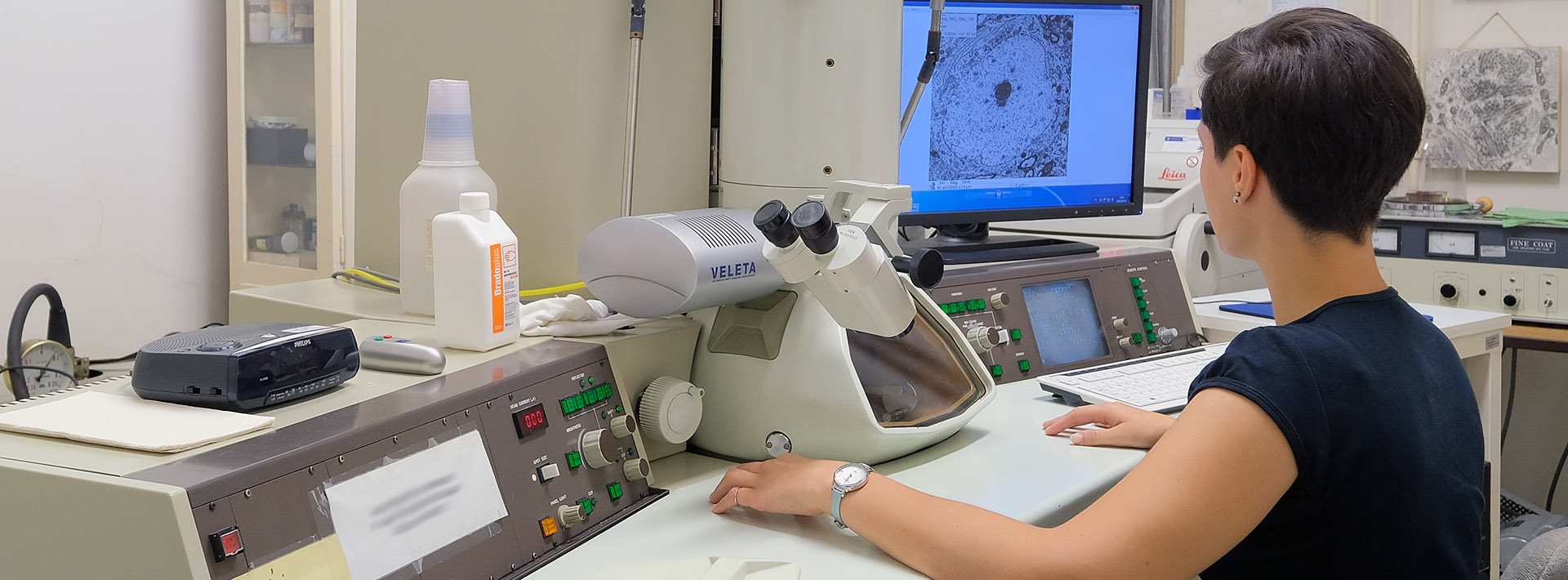Data
Official data in SubjectManager for the following academic year: 2024-2025
Course director
-
Szekeres Júlia
professor,
Department of Medical Biology and Central Electron Microscope Laboratory -
Number of hours/semester
lectures: 24 hours
practices: 0 hours
seminars: 0 hours
total of: 24 hours
Subject data
- Code of subject: OTF-IVF-T
- 2 kredit
- Biotechnology BSc
- Optional modul
- spring
OTV-GEMI-T finished , OTV-HPHY-T finished , OTV-IMMU-T finished
Course headcount limitations
min. 5 – max. 25
Available as Campus course for . Campus-karok: GYTK TTK
Topic
The importance of anti-infectious immunity is not restricted to elimination of pathogens, but is also responsible for long lasting protection, as well as -in some cases- immunopathological disorders
Lectures
- 1. Non-specific defence. Surface barriers, normal colonizing flora, phagocytosis, complement system. - Szekeres Júlia
- 2. Non-specific defence. Surface barriers, normal colonizing flora, phagocytosis, complement system. - Szekeres Júlia
- 3. Antigen presentation and recognition. Dendritic cells, pattern recognition receptors. - Szekeres Júlia
- 4. Antigen presentation and recognition. Dendritic cells, pattern recognition receptors. - Szekeres Júlia
- 5. Defence against extracellular microorganisms. The role of immunoglobulin classes. Mucosal immunity. - Szekeres Júlia
- 6. Defence against extracellular microorganisms. The role of immunoglobulin classes. Mucosal immunity. - Szekeres Júlia
- 7. Defence against intracellular microorganisms. Defence against viral infections. Viruses and immunosuppression. - Szekeres Júlia
- 8. Defence against intracellular microorganisms. Defence against viral infections. Viruses and immunosuppression. - Szekeres Júlia
- 9. Defence against parasitic infections. Micro-and macroparasite infections that polarize the immune response. - Szekeres Júlia
- 10. Defence against parasitic infections. Micro-and macroparasite infections that polarize the immune response. - Szekeres Júlia
- 11. Evasion and use of the innate and adaptive immune responses by microorganisms. - Szekeres Júlia
- 12. Evasion and use of the innate and adaptive immune responses by microorganisms. - Szekeres Júlia
- 13. Healing of infectious diseases. The pathogenic role of anti-infectious immunity; local inflammation, systemic inflammation, sepsis, endotoxin shock, toxic shock syndrome. - Szekeres Júlia
- 14. Healing of infectious diseases. The pathogenic role of anti-infectious immunity; local inflammation, systemic inflammation, sepsis, endotoxin shock, toxic shock syndrome. - Szekeres Júlia
- 15. The pathogenic role of anti-infectious immunity; hypersensitivity reactions in bacterial-parasitic and fungal infections. - Szekeres Júlia
- 16. The pathogenic role of anti-infectious immunity; hypersensitivity reactions in bacterial-parasitic and fungal infections. - Szekeres Júlia
- 17. Induction of autoimmunity; molecular mimicri, epitope spreading, polyclonal T or B cell activation. - Szekeres Júlia
- 18. Induction of autoimmunity; molecular mimicri, epitope spreading, polyclonal T or B cell activation. - Szekeres Júlia
- 19. Immunopathological alterations following viral infections. The involvement of CD8+ T cells. - Szekeres Júlia
- 20. Immunopathological alterations following viral infections. The involvement of CD8+ T cells. - Szekeres Júlia
- 21. Immunopathological alterations following viral infections. The involvement of CD4+ T cells. - Szekeres Júlia
- 22. Immunopathological alterations following viral infections. The involvement of antibodies. - Szekeres Júlia
- 23. Vaccination; Type of vaccines, requirements for vaccines. - Szekeres Júlia
- 24. Vaccination; rational vaccine development, mandatory vaccines. - Szekeres Júlia
Practices
Seminars
Reading material
Obligatory literature
Literature developed by the Department
Lecture slides
Notes
Recommended literature
1. H. Chapel, M. Haeney, N. Misbah, Snowden: Clinical Immunology, Blackwell, 2008
2. S. Kartikeyan, R.N. Bharmal, R.P. Tiwari, and P.S. Bisen: HIV and AIDS: Basic Elements and Priorities, 2007
3. T. Platts-Mills and Johannes Ring: Allergy in Practice, 2003
Conditions for acceptance of the semester
succesful exam
Mid-term exams
Continuous
Making up for missed classes
Consultation
Exam topics/questions
The same as lecture topics
